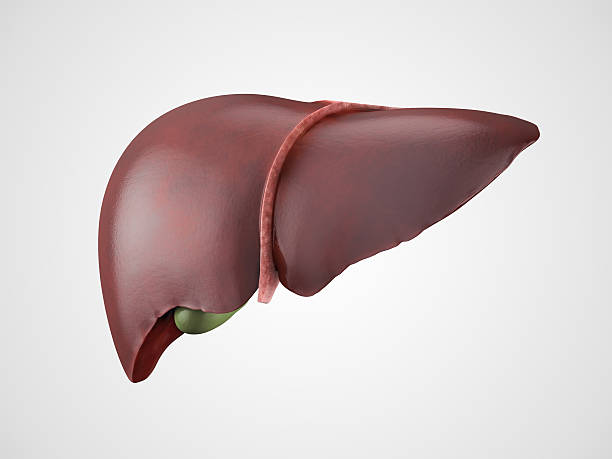In what medical experts now describe as one of the deadliest yet most overlooked health conditions globally, Non-Alcoholic Fatty Liver Disease (NAFLD) has emerged as a silent epidemic, affecting an estimated one in every three adults, many of whom remain unaware they are living with it.
Health practitioners in Nigeria are raising the alarm over the increasing prevalence of this condition, which has been described as both underdiagnosed and underestimated in its potential to cause severe health complications. NAFLD occurs when excess fat builds up in the liver of individuals who consume little to no alcohol, and it has been directly linked to a higher risk of liver cancer, type 2 diabetes, cardiovascular disease, and premature death.
Medical findings reveal that many Nigerians suffering from this disease often show little to no symptoms in the early stages. This silent progression allows the condition to worsen over time, often developing into Non-Alcoholic Steatohepatitis (NASH), a more advanced and dangerous form that causes inflammation and scarring of the liver. If left untreated, NASH can result in liver failure or cancer, both of which can be fatal.
Some common yet frequently ignored signs that may indicate the presence of NAFLD include persistent fatigue, unexplained weight gain especially around the abdomen, bloating, discomfort in the upper right side of the stomach, and elevated liver enzymes discovered during routine blood tests. However, in most cases, individuals only become aware of the condition when complications have already set in.
In Nigeria’s urban centres, where lifestyle diseases are on the rise due to poor diet, sedentary living, and rising obesity levels, experts believe the burden of NAFLD is grossly underreported. Many physicians have called for increased awareness and early screening, particularly among people with risk factors such as high cholesterol, diabetes, insulin resistance, and a family history of liver-related illnesses.
The good news, however, is that NAFLD can be reversed in its early stages through a number of natural, lifestyle-driven approaches. Medical professionals recommend maintaining a healthy weight, adopting a balanced diet rich in vegetables and low in refined sugars, engaging in regular physical activity (at least 30 minutes a day), reducing intake of processed foods, managing blood sugar levels, avoiding over-the-counter medications that stress the liver, drinking plenty of water, and getting sufficient sleep.
Experts also advise Nigerians to go for routine liver function tests and abdominal ultrasounds, especially if they fall into high-risk categories. With no specific pharmaceutical treatment approved yet for NAFLD, prevention and lifestyle intervention remain the most effective ways to curb its spread and mitigate its deadly consequences.
As public health officials continue to highlight the dangers of this silent condition, Nigerians are encouraged to take proactive steps to safeguard their liver health, a critical organ that plays a vital role in over 500 bodily functions.
